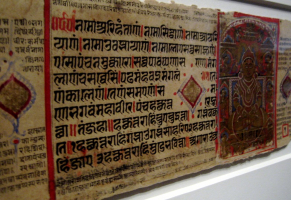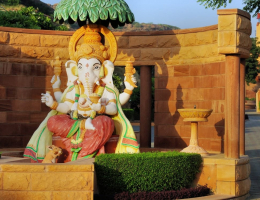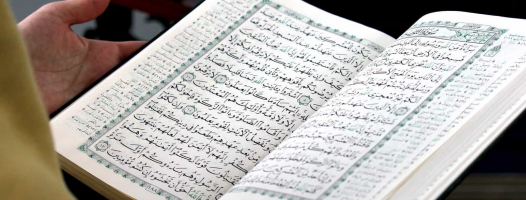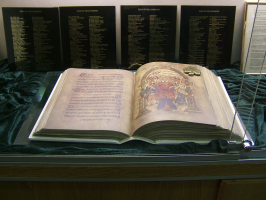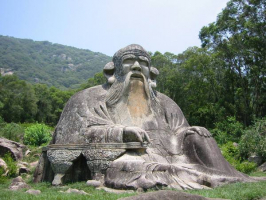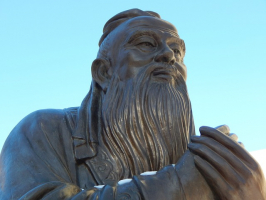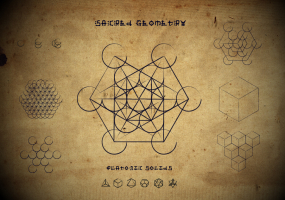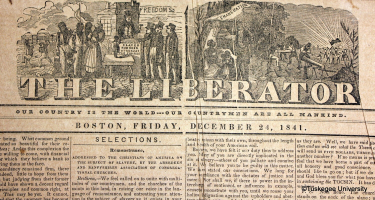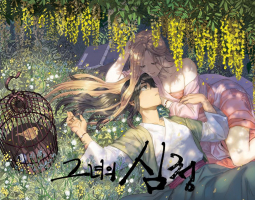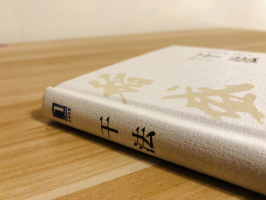Top 10 Most Sacred Texts of Confucianism
Toplist has compiled an awesome list of the most sacred texts of Confucianism. For centuries, these texts have formed the foundation of Chinese philosophy and ... read more...societal ethics. They are more than words; they are beacons illuminating a path toward a harmonious and virtuous existence. Learn about Confucianism's wisdom awaiting you below.
-
“The Analects” also known as "Lunyu," stands as one of the most sacred texts of Confucianism, encapsulating the teachings and wisdom of Confucius, the esteemed Chinese philosopher and educator. Compiled by Confucius's disciples after his death, this collection of sayings, conversations, and anecdotes serves as a guiding light, shaping the ethical framework of Chinese culture for centuries.
Confucius's teachings are based on the idea of ren, which is often translated as "humanity" or "benevolence." Ren is the virtue of treating others with kindness, respect, and compassion. Confucius believed that ren is the most important virtue and the foundation of a just and harmonious society.
“The Analects” is a practical guide to living a moral and fulfilling life. It offers advice on how to cultivate good character, how to build relationships with others, and how to serve one's community. In the book, Confucius also spoke about how leaders should be good and fair, caring for the people they lead. He believed that if leaders are good examples, others will follow and improve society.
Even though "The Analects" was written long ago, it's still super important today. It teaches us to be kind and fair and do what's right. People still read it to understand how to live a good life and how to make the world a better and happier place.
Link to buy: https://www.amazon.com/Analects-Penguin-Classics-Confucius/dp/0140443487Link to read: https://chinatxt.sitehost.iu.edu/Analects_of_Confucius_(Eno-2015).pdf
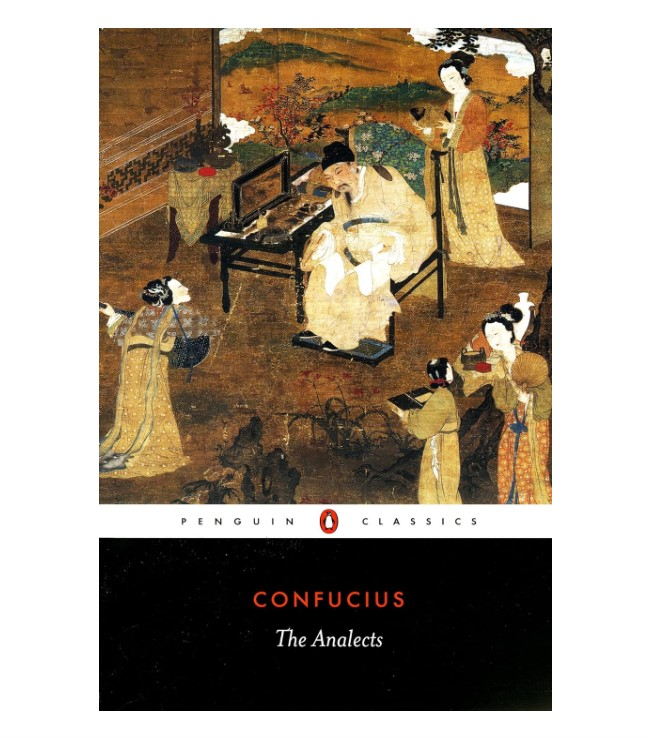
Screenshot of https://www.amazon.com/ 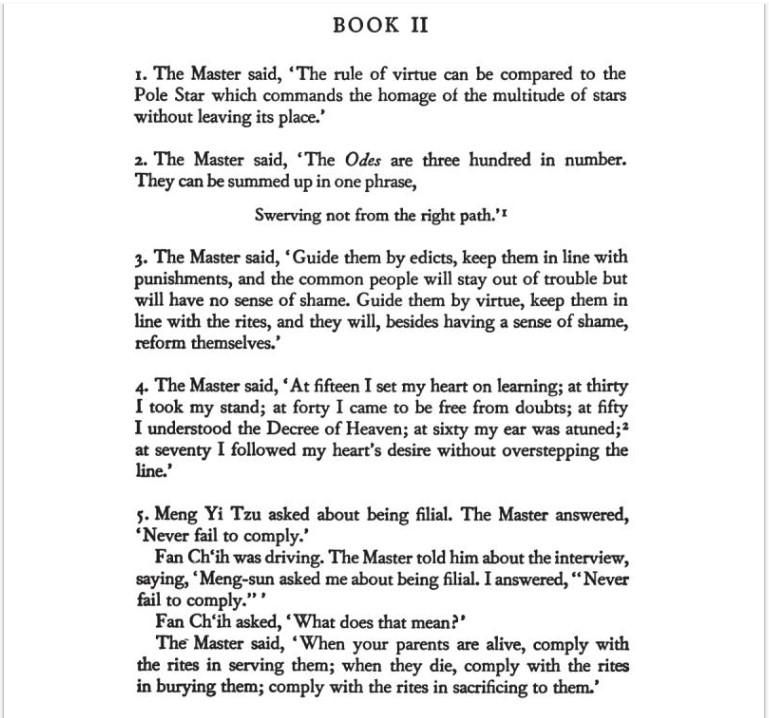
Screenshot of https://www.amazon.com/ -
“The Book of Rites” (Liji), also known as the “Record of Rites,” is a collection of texts describing the social forms, administration, and ceremonial rites of the Zhou dynasty as they were understood in the Warring States and the early Han periods. It is considered one of the Five Classics, the core texts of Confucianism.
“The Book of Rites” is a vast and complex collection of texts, ranging from detailed descriptions of court rituals to philosophical discussions of the meaning of ritual. It is divided into three main sections: the Xiaoli, the Yili, and the Lili. The Xiaoli is concerned with the rituals of personal life, such as weddings, funerals, and sacrifices. The Yili is concerned with the rituals of public life, such as court ceremonies and diplomatic exchanges. The Lili is concerned with the philosophical underpinnings of Confucian ritual, such as the concept of ren (humanity) and li (propriety).
One big idea in "The Book of Rites" is called 'li' (pronounced 'lee'). Li means following rules and behaving properly. Confucius believed that ritual is a way of expressing respect for others and for the social hierarchy. The book says that if everyone follows these rules, society will be happier, and people will get along better. It also talks about how kids should respect and listen to their parents and elders. This is called 'filial piety.' The book explains how important it is to take care of family and to honor ancestors.
This text is not just about rules; it also teaches about being a good person. It discusses the importance of being kind, honest, and fair to others. “The Book of Rites” is a must-read for anyone who wants to learn more about Confucianism or about the social and cultural life of ancient China. In the list of the most sacred texts of Confucianism it is a challenging but rewarding text that offers valuable insights into the Confucian view of the world.
Link to buy: https://www.amazon.com/Book-Rites-Liji-Bilingual-English-ebook/dp/B00KVGYS9M
Link to read: https://sacred-texts.com/cfu/liki/index.htm
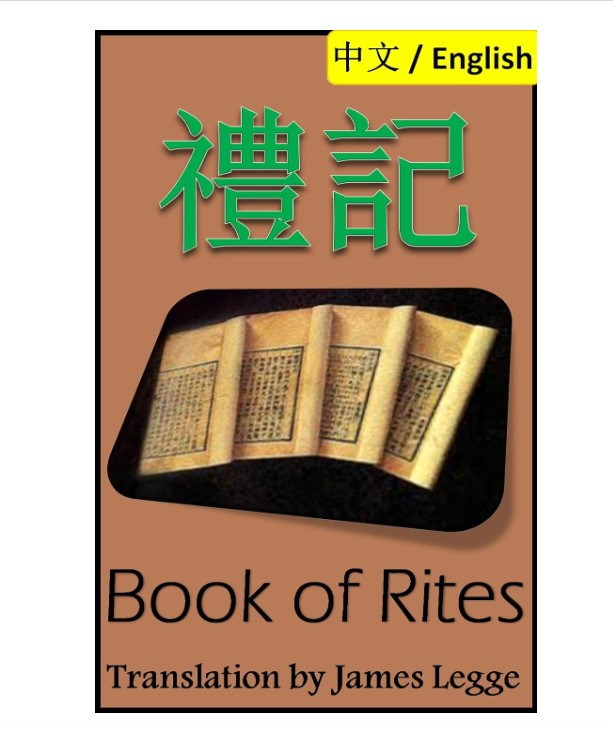
Screenshot of https://www.amazon.com/ 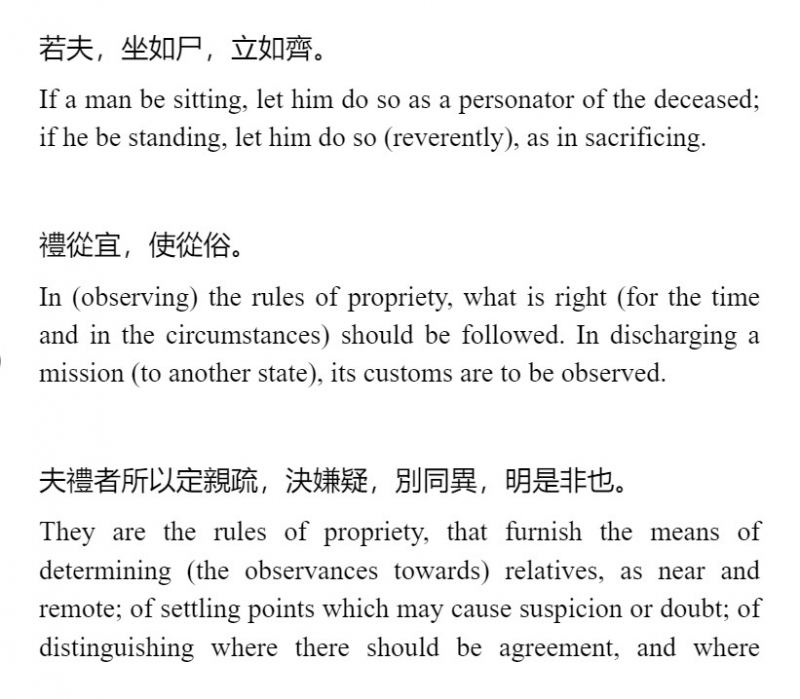
Screenshot of https://www.amazon.com/ -
“The Great Learning” (Daxue), one of the Four Books, is a concise and influential Confucian text that outlines the path to self-cultivation and social harmony. Traditionally attributed to Zengzi, a disciple of Confucius, the text has been studied and revered by Chinese scholars for centuries.
“The Great Learning” begins with the assertion that the ultimate goal of education and learning is cultivating personal virtue, or "mingde." It suggests that to create positive change around us, we should start by improving ourselves. It discusses virtues like kindness, honesty, and thoughtfulness, highlighting how these qualities help us become better individuals.
The text then outlines a hierarchy of steps to achieve this goal, starting with the cultivation of the self through introspection, reflection, and the development of good habits. It highlights the importance of both personal effort and external guidance in pursuing self-cultivation. Individuals are encouraged to take responsibility for their own moral development while also seeking the wisdom and mentorship of those who have already achieved virtue.
“The Great Learning” is a roadmap for personal development and societal improvement. It emphasizes the idea that by growing as individuals—learning, becoming wiser, and practicing good values—we can positively impact our world. The text's concise and impactful prose, coupled with its practical and profound message, has made it one of the most sacred texts of Confucianism and a source of inspiration for generations of scholars and leaders.
Link to buy: https://www.amazon.com/Complete-Confucius-Analects-Doctrine-Introduction/dp/1519096933/
Link to read: http://wengu.tartarie.com/wg/wengu.php?l=Daxue&s=1
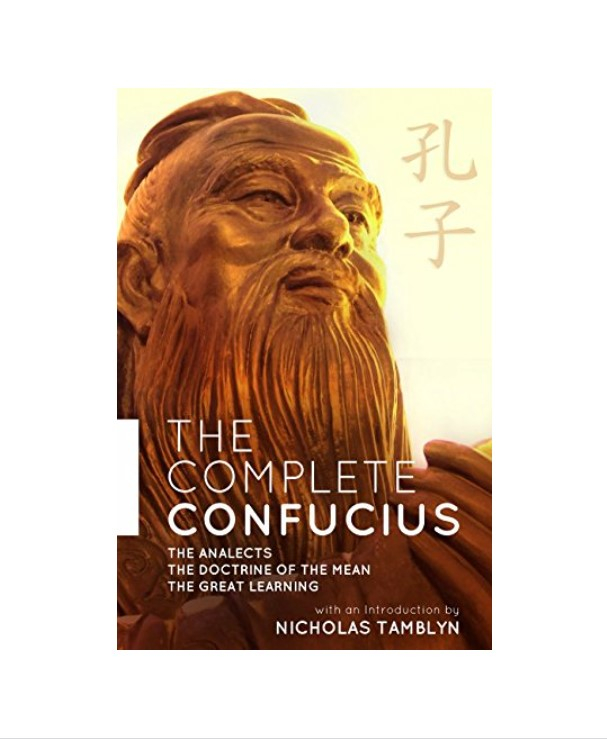
Screenshot of https://www.amazon.com/ 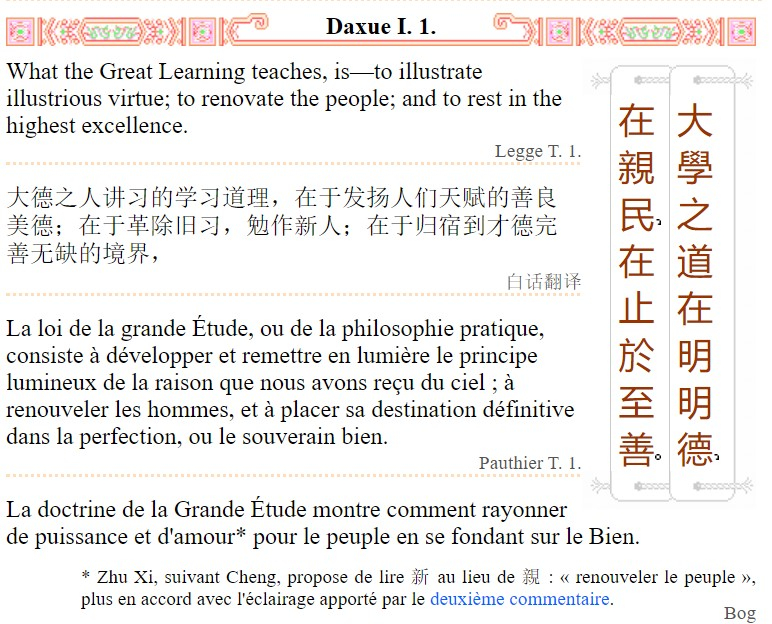
Screenshot of http://wengu.tartarie.com/wg/wengu.php?l=Daxue&s=1 -
"The Doctrine of the Mean," also known as "Zhongyong," is an ancient Chinese text that shares insights on achieving balance and moderation in life. Think of it as a guidebook that teaches us how to find the middle ground and live a well-balanced and harmonious life.
The concept of "Zhongyong" is often translated as "the golden mean" or "the middle way." It is a central concept in Confucianism, and it is often used to describe the ideal state of mind or behavior. It teaches that balance is key in everything we do. It's not about going to extremes but finding the middle ground. For example, it's not just about working too hard or being too lazy but finding a balanced approach to work and rest.
"Zhongyong" also shows us the significance of being true to ourselves and staying steady in our thoughts and actions. It talks about sincerity, honesty, and staying true to our values. By being sincere and honest, we can maintain balance within ourselves and in our relationships with others.
Another key idea is the idea of constant learning and self-improvement. The text stimulates us to keep learning and growing throughout our lives. It suggests that by continuously improving ourselves, we can achieve inner harmony and contribute positively to the world around us.
“The Doctrine of the Mean” continues to be influential in Chinese culture today. It promotes the idea that by finding balance within ourselves, staying true to our values, and continuously learning, we can achieve harmony in both our personal lives and in society. It is a reminder of the importance of moderation, balance, and self-cultivation in all aspects of life.
Link to buy: https://www.amazon.com/Doctrine-Mean-Bilingual-Confucian-Literature/dp/1533618151/
Link to read: https://sacred-texts.com/cfu/conf3.htm
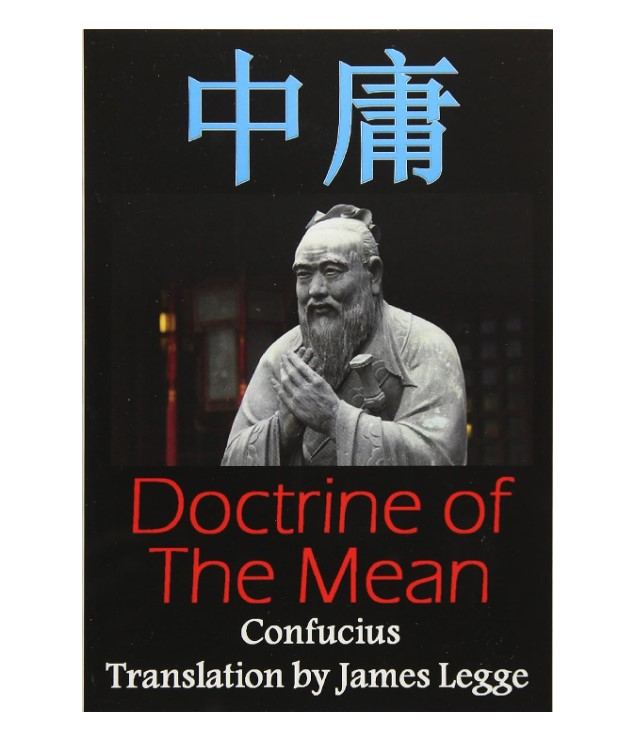
Screenshot of https://www.amazon.com/ 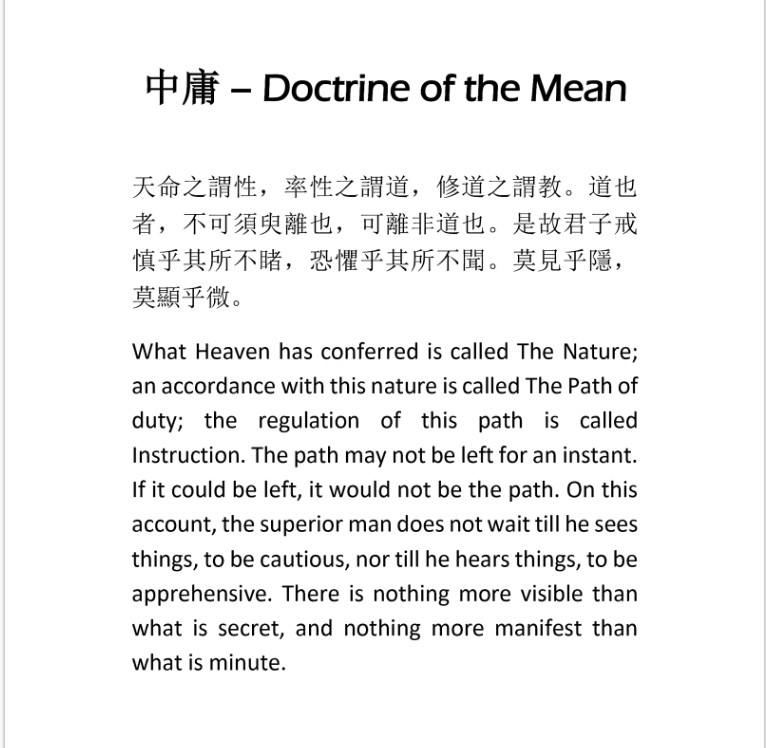
Screenshot of https://www.amazon.com/ -
"The Mencius" (Mengzi) is a significant text in Confucianism that contains the teachings and dialogues of Mencius, one of Confucius's most important followers and a prominent philosopher himself. As one of the most sacred texts of Confucianism, this is a book of wise ideas and stories that help us understand how to be good people and create a better world.
At its core, "The Mencius" focuses on the nature of humanity and the idea that people are inherently good. Mencius believed that everyone has the potential to be good and compassionate. He argues that humans are born with both good and bad tendencies and that through education and self-cultivation, we can develop and overcome our bad tendencies. The author used the analogy of cultivating seeds to explain that just as proper care helps seeds grow into healthy plants, nurturing our innate goodness can help us become better individuals.
Moreover, "The Mencius" touches on the role of government and leadership. Mencius thought that rulers should govern with compassion and take care of the well-being of their people. He advocated for the idea that good governance involves understanding the needs of the people and ruling with fairness and kindness.
Even though "The Mencius" was written a long time ago, its teachings about human nature, goodness, and the importance of virtuous leadership continue to inspire people today. It offers valuable lessons on how to nurture our innate goodness, practice moral virtues, and create a more compassionate and harmonious society.
Link to buy: https://www.amazon.com/Mencius-Penguin-Classics/dp/014044971X/
Link to read: https://sacred-texts.com/cfu/menc/index.htm
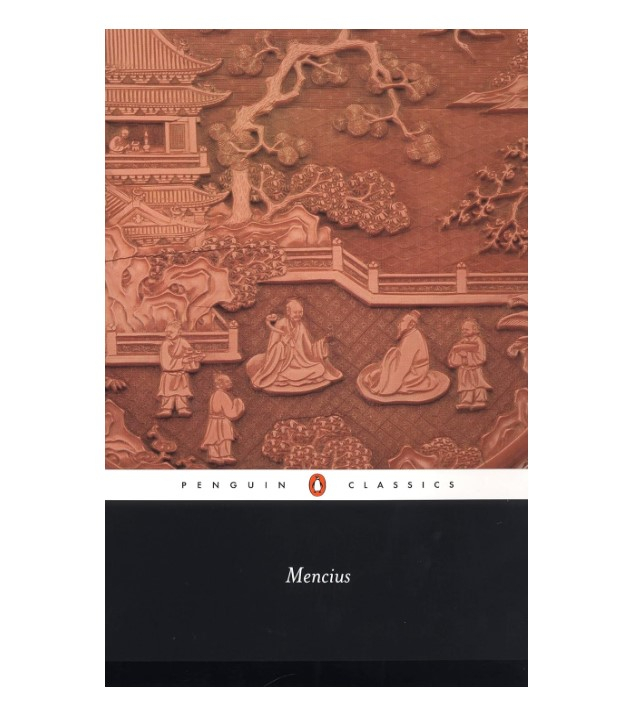
Screenshot of https://www.amazon.com/ 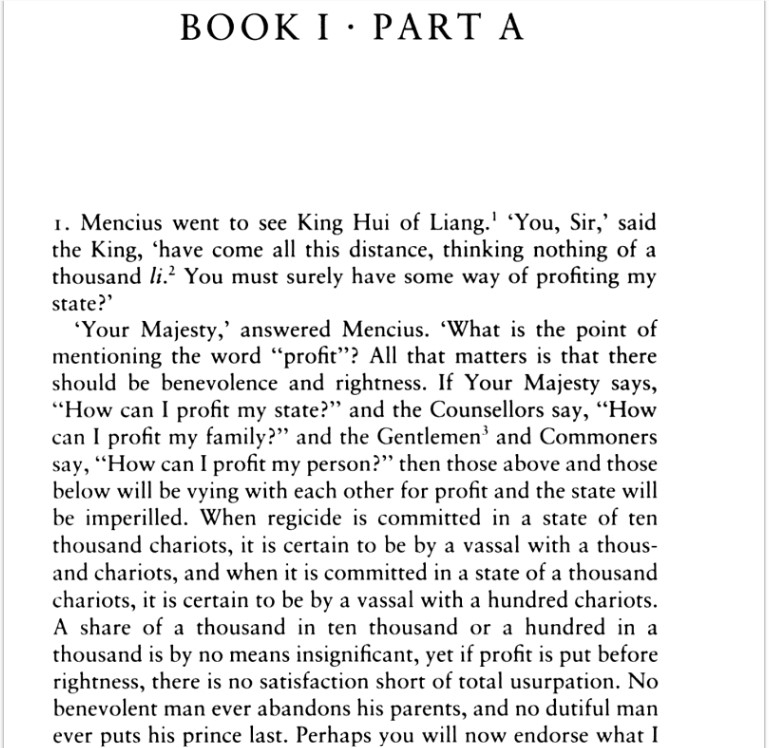
Screenshot of https://www.amazon.com/ -
"The Book of Changes," also known as "Yi Jing" or "I Ching," is an ancient Chinese text that explores philosophy, divination, and the patterns of the natural world. It's a mysterious guidebook filled with symbols and wisdom that people have used for thousands of years to understand the world and make decisions.
Basically, "The Book of Changes" is based on the idea that everything in life follows patterns and changes in cycles, like seasons changing or day turning into night. It uses symbols called hexagrams, made up of solid and broken lines, to represent these patterns. Each hexagram represents a different situation or concept. People traditionally use coins or sticks to create a hexagram and then consult the text to understand its meaning. It's a bit like asking for advice from an ancient oracle.
One of the main ideas in "The Book of Changes" is the concept of yin and yang. Yin represents darkness, softness, and the feminine, while yang represents brightness, strength, and the masculine. It suggests that these opposite forces are interconnected and constantly changing, and finding balance in these opposites is crucial for harmony in life.
The text also introduces the concept of the Tao, which is the underlying principle of the universe. It suggests that by aligning ourselves with the natural flow of the Tao, we can find a path of least resistance and live in harmony with the world around us.
While "The Book of Changes" might seem complex, its teachings offer valuable lessons about change, balance, and harmony. Even today, people study it not just for divination but also to gain a deeper understanding of life's rhythms and to find guidance in making important choices.
Link to buy: https://www.amazon.com/Ching-Book-Changes-Bollingen-General/dp/069109750X
Link to read: http://wengu.tartarie.com/wg/wengu.php?l=Yijing&no=0
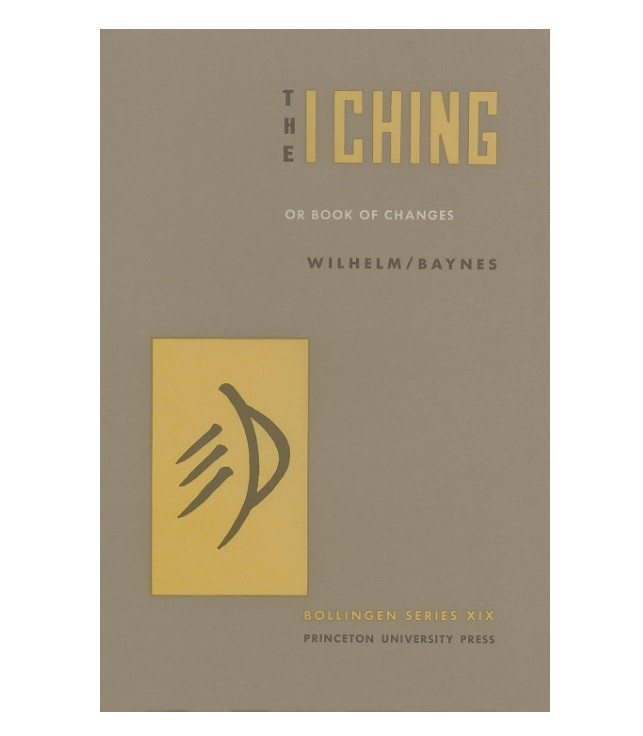
Screenshot of https://www.amazon.com/ 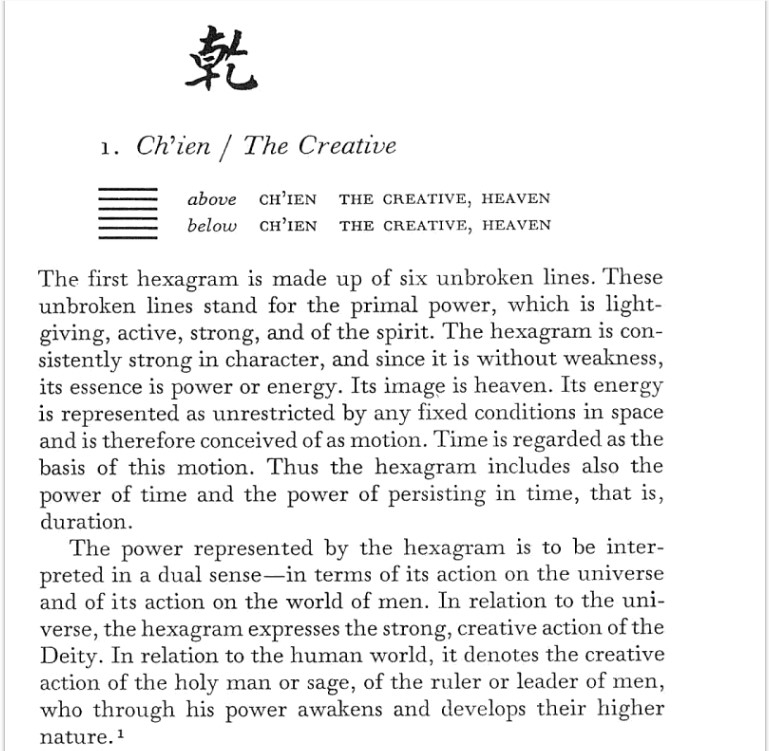
Screenshot of https://www.amazon.com/ -
"The Classic of Filial Piety," or "Xiao Jing," occupies a special position within the most sacred texts of Confucianism. "The Classic of Filial Piety" focuses on filial piety, which means showing deep respect and care for one's parents and family. This is one of the core ideas of Confucianism.
The book shares stories and teachings that illustrate the importance of filial piety. It talks about how children should listen to their parents, care for them in their old age, and carry on their family's traditions and values. Within its pages, the text stresses the duty of children to obey and care for their parents, demonstrating gratitude and respect. It emphasizes that maintaining strong familial bonds and fulfilling responsibilities towards family members is essential for a harmonious society.
"The Classic of Filial Piety" highlights that honoring parents extends beyond mere obedience—it involves understanding, compassion, and cherishing the sacrifices made by parents and elders. The stories within this text are moral lessons, teaching the virtues of gratitude, humility, and familial responsibility.
"The Classic of Filial Piety" is not merely a set of rules; it guides compassionate living, teaching individuals to be caring, considerate, and understanding toward their family members. This text transcends religious boundaries and reminds us of the enduring value of family bonds and the importance of showing gratitude to those who have cared for and shaped our lives.
Link to buy: https://www.amazon.com/Xiaojing-Classic-Filial-Chinese-English/dp/B08C9CPS2H
Link to read: https://ctext.org/xiao-jing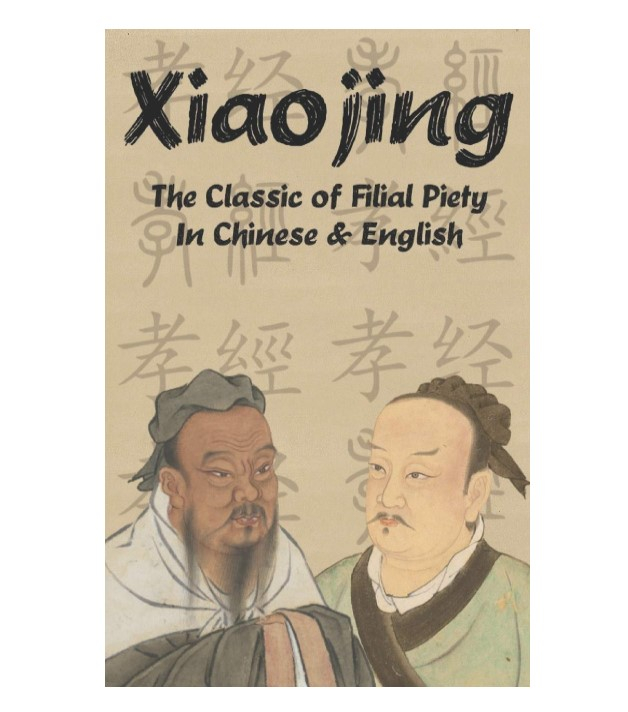
Screenshot of https://www.amazon.com/ 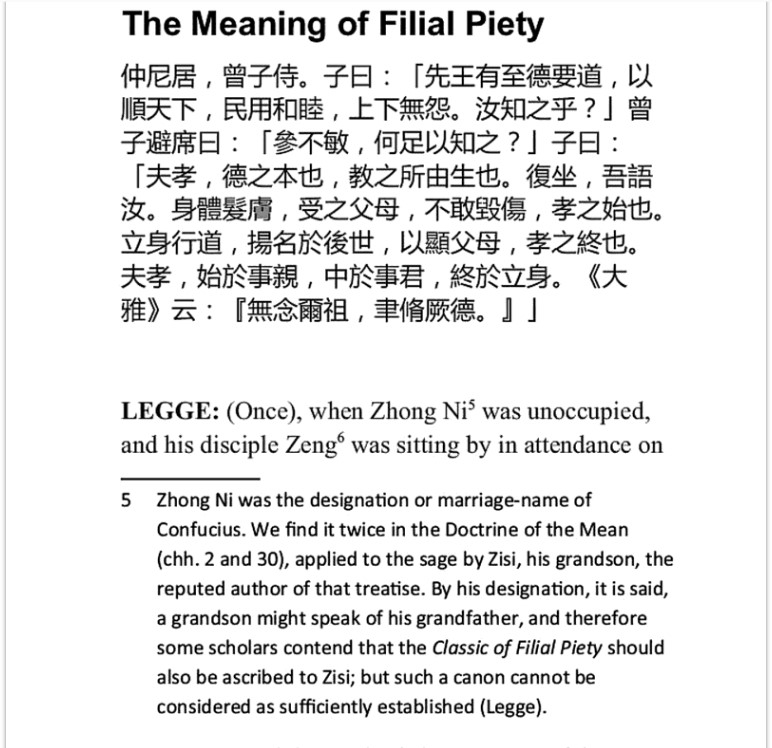
Screenshot of https://www.amazon.com/ -
"The Spring and Autumn Annals," or "Chunqiu," is like an old diary or record book that covers a chronicle of events that occurred during the Spring and Autumn Period (approximately 771–476 BCE). Attributed to Confucius, this text is named after the spring and autumn seasons, symbolizing growth and decline. It is one of the Five Classics, a collection of essential Chinese texts that played a foundational role in Confucianism.
What makes "The Spring and Autumn Annals" special is its writing style. It's brief and factual, without adding much explanation or opinion. This simplicity encourages readers to think and interpret the events and their meanings for themselves, which is an essential aspect of Confucian education.
Confucius himself had a deep connection to this text. Confucius is considered to have added brief annotations to certain entries, expressing his views on the moral conduct of individuals and rulers. He believed in the importance of history and learning from the past. He wanted people to study the Chunqiu to understand how good governance could lead to a harmonious society.
The book contains records of political events, battles, and leadership changes. But it's not just about facts; it's also about morals. Confucius taught that good leaders should govern fairly and honestly and care for the people. The text became an important tool for Confucian scholars in analyzing historical events and extracting moral lessons.
Even though it might seem like a historical record, "The Spring and Autumn Annals" is still valuable today. It's not just about past events; it's about learning from history to create better societies. People still study it to understand good governance, learn from past mistakes, and find ways to build more ethical and fair communities.
Link to buy: https://www.amazon.com/Spring-Autumn-Annals-Bilingual-Commentary-ebook/dp/B01CIG88L6
Link to read: https://archive.org/details/The_Spring_And_Autumn_Annals_Chunqiu_Part1/page/n3/mode/2up
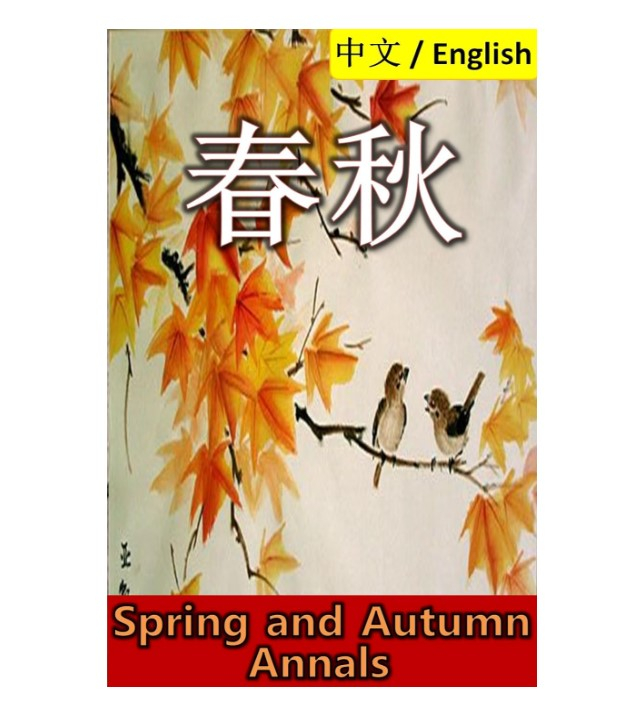
Screenshot of https://www.amazon.com/ 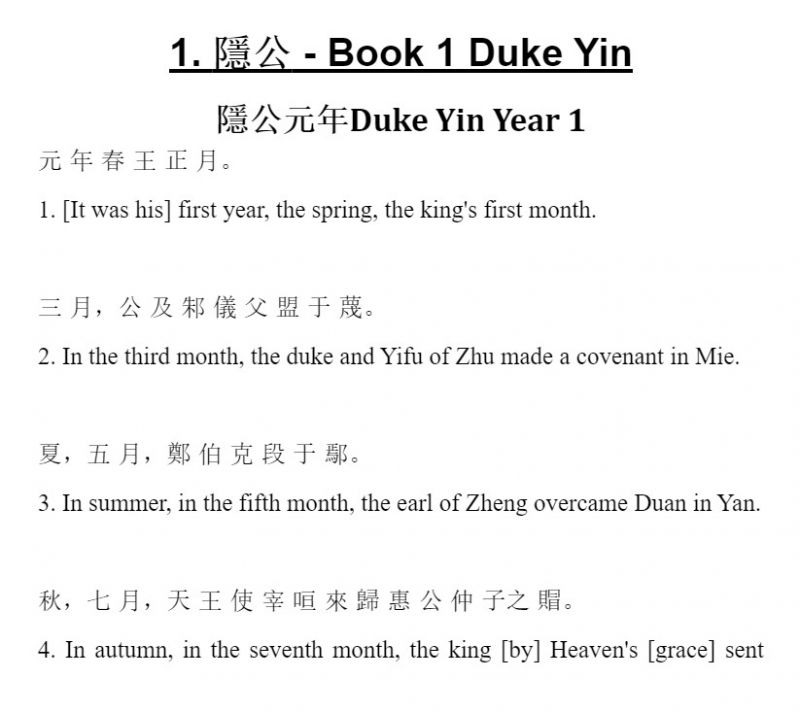
Screenshot of https://www.amazon.com/ -
"The Classic of Poetry," (Shijing), also known as “The Book of Songs” or “The Book of Odes” is one of the oldest collections of Chinese poetry that holds a special place in the country's literary and cultural heritage. This anthology is a treasure trove of verses dating back to the Zhou dynasty (1046–256 BCE) and belongs to the Five Classics of Confucianism, revered for its lyrical beauty and cultural significance.
Comprising around 300 poems, "The Classic of Poetry" reflects the diverse aspects of life during ancient times. The poems cover many themes, including love, nature, celebrations, rituals, politics, and everyday life experiences. Each poem captures ancient Chinese people's emotions, observations, and reflections.
These poems offer more than just artistic expression; they also serve as a historical record, preserving the values, traditions, and beliefs of ancient Chinese society. Many verses reflect Confucian ideals, emphasizing virtues like loyalty, filial piety, and moral conduct. The poems are written in various styles and formats, employing rhyme, rhythm, and vivid imagery. Many of them are written in a lyrical style and were originally intended to be sung, accompanied by music.
Despite being written thousands of years ago, "The Classic of Poetry" continues to captivate readers with its timeless themes and evocative language. The collection's enduring popularity has led to numerous commentaries and interpretations throughout Chinese history. It continues to be studied and appreciated as a foundational work in Chinese literature and a window into the sentiments and experiences of a bygone era.
Link to buy: https://www.amazon.com/Book-Songs-Ancient-Chinese-Classic/dp/0802134777
Link to read: https://sacred-texts.com/cfu/boo/index.htm
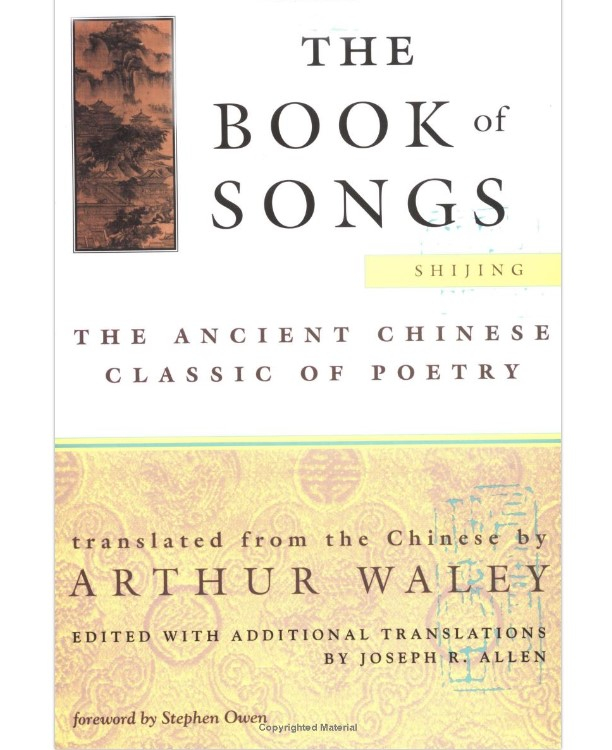
Screenshot of https://www.amazon.com/ 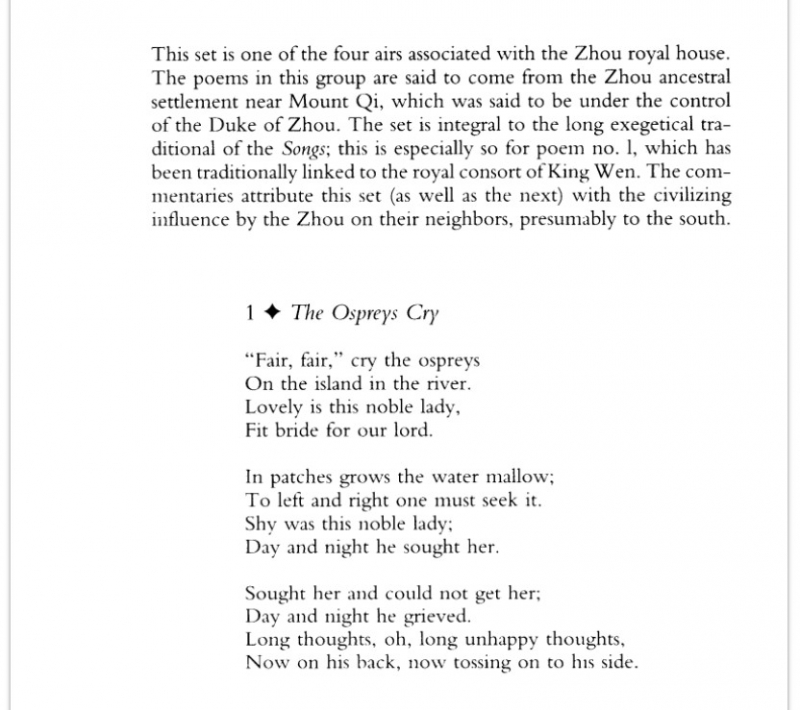
Screenshot of https://www.amazon.com/ -
"The Book of Documents," or "Shujing," stands as a monumental work of ancient Chinese literature, offering a wealth of knowledge about history, culture, and philosophy. It's an anthology of documents, speeches, and historical records from ancient China, spanning different periods and dynasties. Compiled during the Zhou dynasty, "The Book of Documents" is believed to have been edited and assembled over a considerable span of time.
“The Book of Documents” is a perfect resource for understanding early Chinese history and culture. It provides insights into the political and social structures of the Zhou dynasty, as well as the moral and religious values of the time. The text is also a rich source of literary and historical inspiration.
The text is divided into sections featuring various historical documents and speeches that date back to different rulers and states. These writings narrate historical events, political decisions, and moral teachings, focusing on the importance of virtuous leadership and just governance. The text serves as a record of the political and social developments of early China.
“The Shujing” underscores the importance of social order and the role of government in maintaining stability. It advocates for a government guided by moral principles that prioritizes its people's well-being. This emphasis on social harmony reflects the Confucian ideal of a peaceful and just society. Throughout Chinese history, "The Book of Documents" has been a significant foundational text. Its influence extends beyond historical study, impacting the development of Chinese philosophy and political theory for centuries.
Link to buy: https://www.amazon.com/Book-Documents-Shangshu-Bilingual-Chinese/dp/153363937X/
Link to read: https://sacred-texts.com/cfu/sbe03/index.htm#section_000
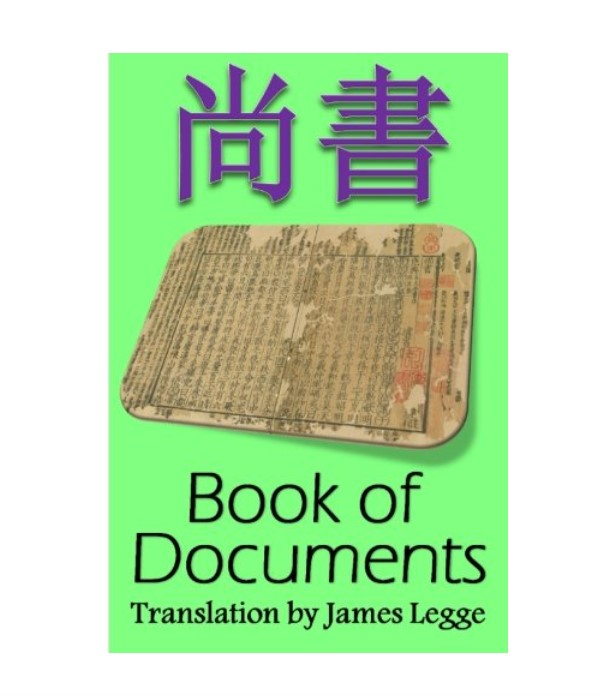
Screenshot of https://www.amazon.com/ 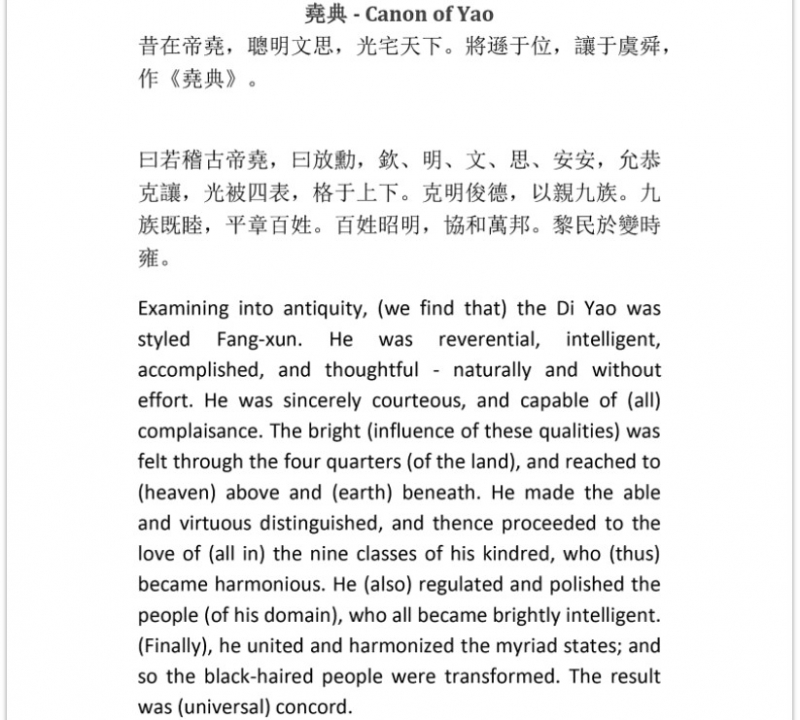
Screenshot of https://www.amazon.com/












